Condo or Co-op: Which Is Right for You?
Do you know the difference between condos and co-ops? You should if you are buying because it can affect everything from the size of your down payment to whether or not you are allowed to have a washer/dryer in your apartment.

When it comes to buying an apartment in New York City, there are two types: condos and co-ops. Depending on your situation and personal inclination, you may prefer a co-op versus a condo, or vice versa. Or it may not matter, as long as you like the unit.
In any case, potential home buyers need to understand the difference, which can affect everything from how much money you have to put down to whether or not you are allowed to have a washer/dryer in your apartment.
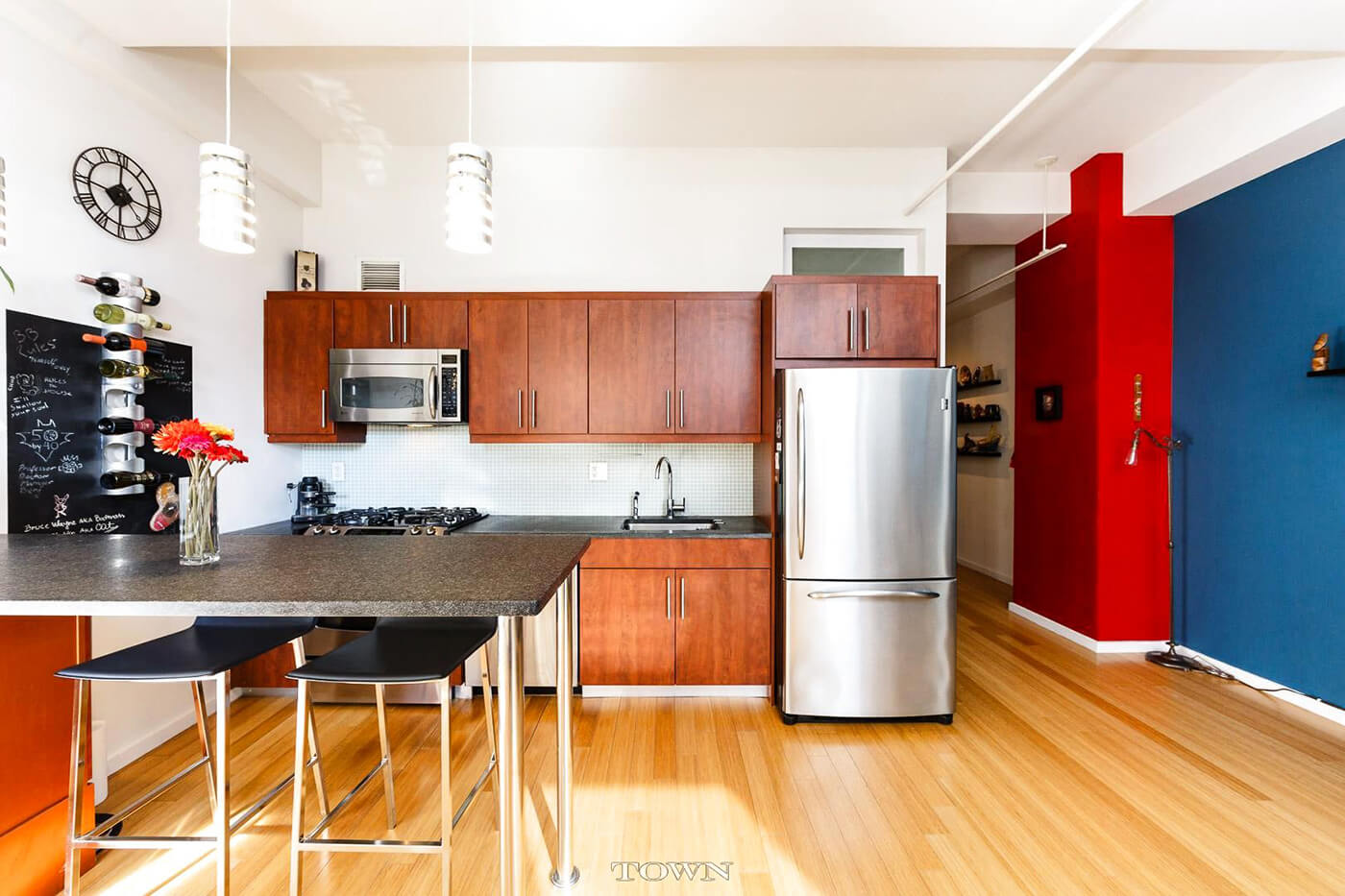
A quick definition of co-ops and condos
A condo is a residential or commercial property unit in a building or complex whose individual deed owners share common space. In a co-op, individual owners do not own deeds to real property but rather shares in the corporation that owns the building. Their shares entitle them to a proprietary lease, which gives them the legal right to occupy their units.
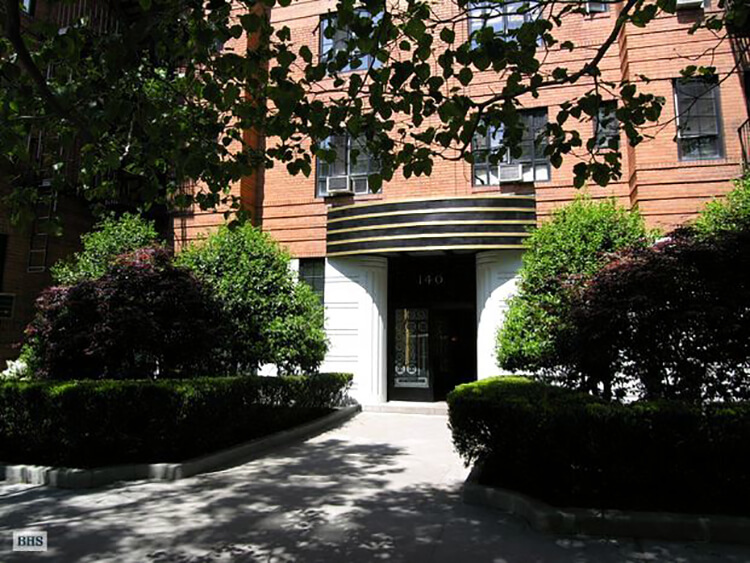
A quick comparison of co-op versus condo
Co-ops outnumber condos in New York City. The latter are often slightly more expensive than co-ops, are located in more recently constructed or converted buildings, and have fewer and more flexible rules.
Co-ops, on the other hand, have a unique and strenuous application process and a myriad of rules about such matters as subletting, financing, renovating, pets, days of the week moving is permitted, what percentage of floor must be covered by carpet, and how apartments for sale can be marketed. They can also require owner involvement in building management.
“Many buyers do not understand the differences between purchasing a coop and a condo or house in the NYC market. Historically, New York City had a larger number of co-op apartments but, in recent years, the new development boom has brought many condominium options to the market,” Brown Harris Stevens broker Eileen Richter told Brownstoner.

How does the purchasing process compare for condos and co-ops
Co-op buyers will have to prepare a financial package and go before the co-op board for an interview (unless you are buying a sponsor unit); condo buyers have to do no such thing.
Indeed, buying a co-op is a months-long process that involves a thorough financial assessment. When it comes to getting a mortgage, co-op boards also tend to have stricter standards than the bank, with some boards requiring extremely large down payments (or all cash) as well as six months to two years of maintenance payments in reserve.
Investment or home?
Co-ops typically do not let owners sublet. Because of this, co-ops cannot serve as investments to nearly the same degree as condos, which tend to have far more lenient rules regarding subletting.
“Most of the time, coops are homes, not investments, so a buyer needs to realize that subletting their apartment once they buy will be a favor, not a run-of-the-mill occurrence. Some buildings make it easy to sublet and other do not encourage subletting,” Douglas Elliman broker Myrel Glick noted.
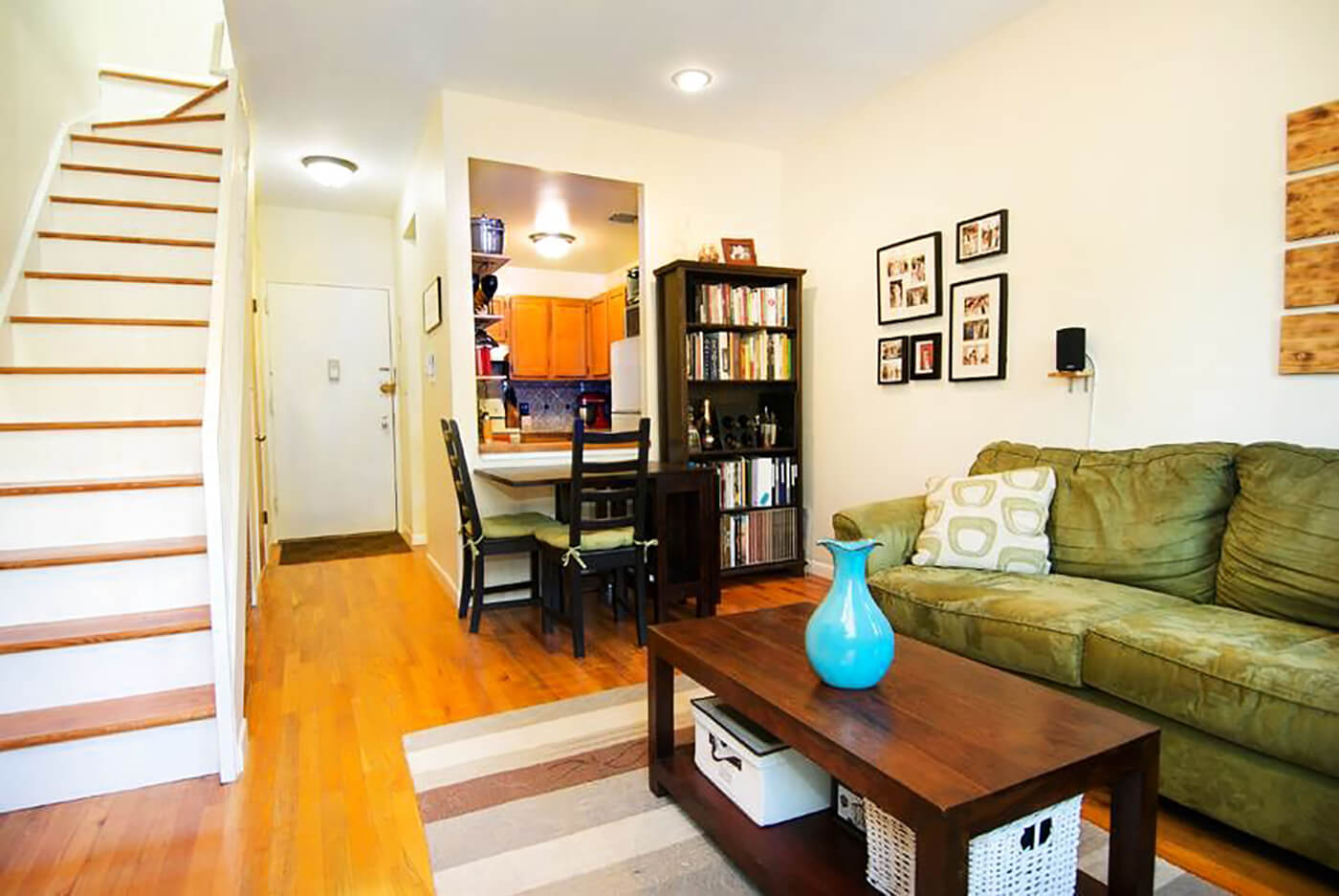
The bottom line
In short, if you are looking to rent out your apartment for investment, use it as a pied-à-terre, or buy for a relative, a condo is probably your best bet. Likewise if you do not have the financial assets a co-op board demands above and beyond what a mortgage lender requires. If you prefer a modern building with modern amenities such as in-unit washer/dryers, don’t want board members scrutinizing your finances, or generally chafe at co-op board rules, you may be happier in a condo.
However, if you plan to occupy the unit you buy, want to live among other owner-occupants, favor older buildings, and want to pay less per square foot (even if it means doing laundry in the basement), you may be happier in a co-op.
That’s not to say all co-ops don’t allow in-unit washer/dryers, of course. Be sure to ask before you make an offer.
Related Stories
- What Is a Condo and What Are Their Pros and Cons?
- What Is a Condop? Understanding New York’s Rare Apartment Hybrid
- What Is a Legal Bedroom and Why It Matters
Businesses Mentioned Above
[blankslate_pages id=”d5696c6c889ac4, d574345bba2630″ type=”card” show_photo=”true” utm_content=””][/blankslate_pages]
Email tips@brownstoner.com with further comments, questions or tips. Follow Brownstoner on Twitter and Instagram, and like us on Facebook.

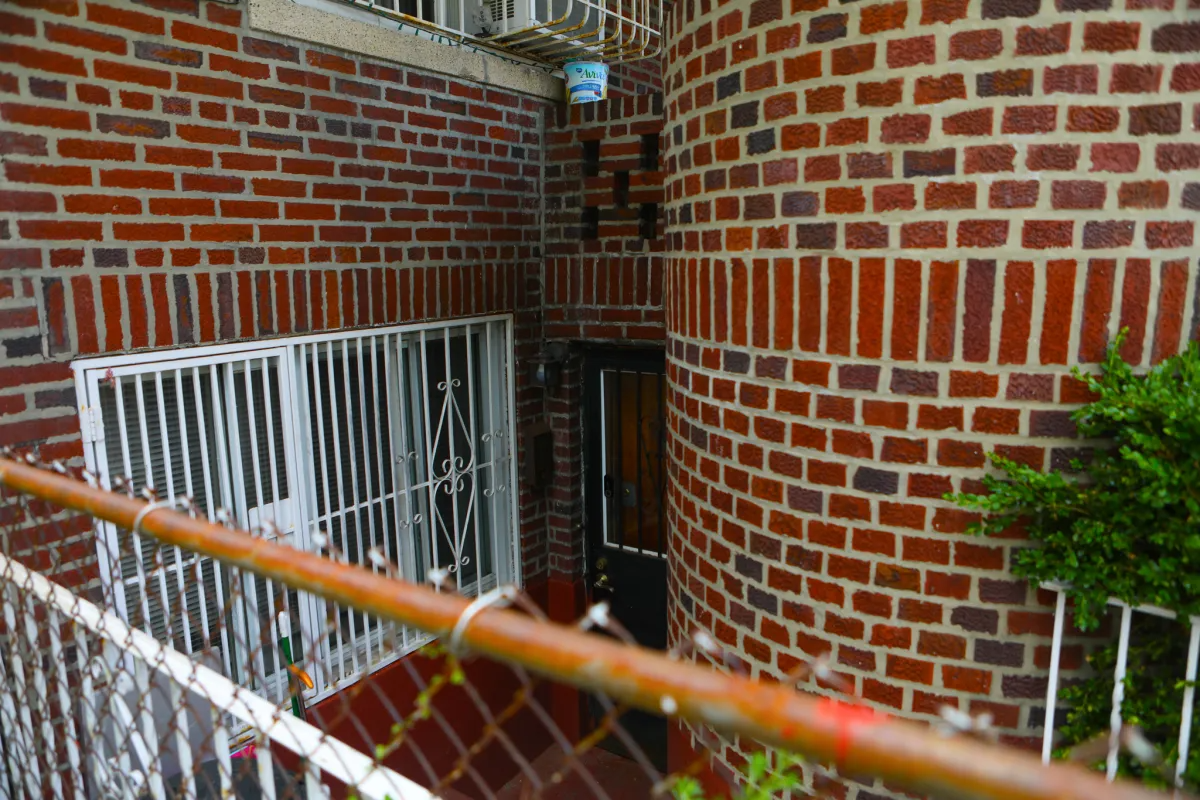

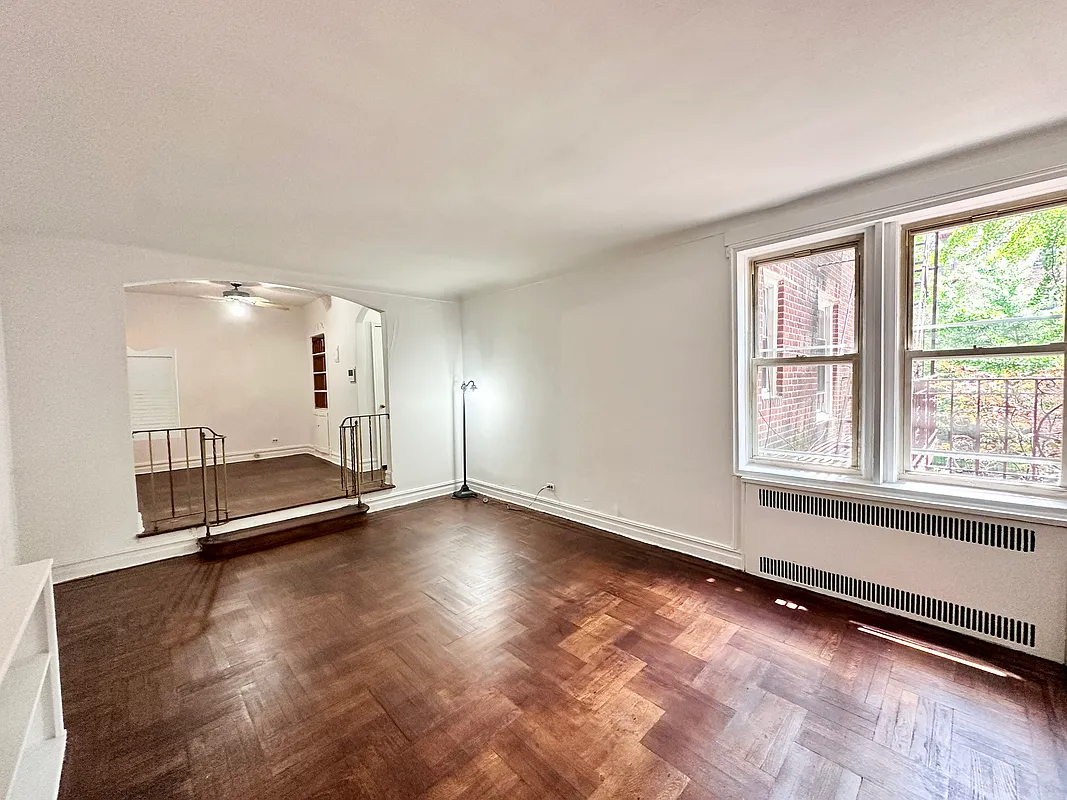

What's Your Take? Leave a Comment